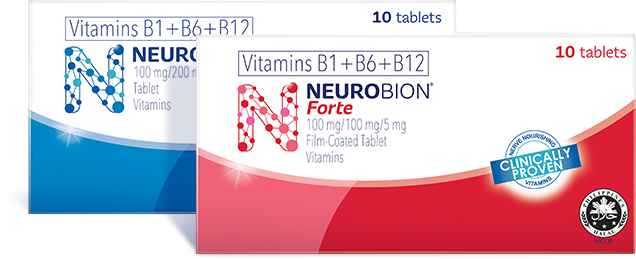
Sub-Heading: Understanding the Importance of Neuro Vitamins
In the realm of cognitive health, neuro vitamins play a crucial role in maintaining optimal brain function. These essential nutrients are instrumental in supporting various aspects of brain health, including memory, focus, and overall cognitive performance. Understanding the importance of neuro vitamins is essential for individuals seeking to enhance their mental clarity and well-being.
Sub-Heading: Exploring the Benefits of Neuro Vitamins
Neuro vitamins encompass a diverse range of nutrients that are vital for neurological function. Among the most notable are B vitamins, including B6, B9 (folate), and B12, which play key roles in neurotransmitter synthesis and cognitive development. Additionally, vitamins C, D, and E, along with omega-3 fatty acids, antioxidants, and minerals like magnesium and zinc, contribute to brain health by protecting against oxidative stress and inflammation.
Sub-Heading: Enhancing Cognitive Function with B Vitamins
B vitamins are renowned for their ability to support cognitive function and mental well-being. Vitamin B6, for instance, is involved in the synthesis of neurotransmitters such as serotonin and dopamine, which regulate mood and behavior. Similarly, folate and vitamin B12 are essential for DNA synthesis and methylation, processes critical for brain cell repair and cognitive function. Incorporating foods rich in B vitamins, such as leafy greens, legumes, and fortified cereals, can help maintain optimal brain health.
Sub-Heading: Harnessing the Power of Antioxidants and Omega-3 Fatty Acids
Antioxidants, including vitamins C and E, along with omega-3 fatty acids, are invaluable allies in promoting brain health. These nutrients protect brain cells from oxidative damage caused by free radicals, thereby preserving cognitive function and reducing the risk of neurodegenerative diseases. Foods rich in antioxidants, such as berries, citrus fruits, and nuts, as well as omega-3 fatty acids found in fatty fish like salmon and walnuts, are essential components of a brain-boosting diet.
Sub-Heading: Supporting Brain Health with Vitamin D
Vitamin D, often referred to as the “sunshine vitamin,” plays a critical role in brain health and cognitive function. Research suggests that adequate vitamin D levels are associated with a reduced risk of cognitive decline and mood disorders. Moreover, vitamin D receptors are present throughout the brain, indicating its importance in neurological processes. Spending time outdoors in sunlight and consuming vitamin D-rich foods like fatty fish, fortified dairy products, and mushrooms can help maintain optimal vitamin D levels.
Sub-Heading: Optimizing Brain Performance with Minerals
In addition to vitamins, minerals like magnesium and zinc are essential for supporting brain health and cognitive function. Magnesium, known as nature’s “calming mineral,” plays a role in neurotransmitter regulation and stress management. Meanwhile, zinc is involved in neurotransmitter synthesis and memory formation. Incorporating magnesium-rich foods such as leafy greens, nuts, and whole grains, along with zinc-rich foods like oysters, red meat, and legumes, can support overall brain health.
Sub-Heading: Incorporating Neuro Vitamins into Your Daily Routine
Incorporating neuro vitamins into your daily routine is essential for maintaining optimal brain health and cognitive function. While a balanced diet should be the primary source of these nutrients, supplementation may be necessary for individuals with specific dietary restrictions or deficiencies. Consulting with a healthcare professional or registered dietitian can help determine the appropriate supplementation regimen based on individual needs and health goals.
Sub-Heading: The Role of Lifestyle Factors in Brain Health
In addition to nutrition, lifestyle factors such as regular exercise, adequate sleep, stress management, and mental stimulation are vital for supporting brain health. Physical activity promotes blood flow to the brain, stimulates neurogenesis, and enhances mood and cognitive function. Quality sleep allows the brain to consolidate memories and recharge, while stress management techniques like mindfulness and meditation reduce cortisol levels and promote neural plasticity. Engaging in mentally stimulating activities such as puzzles, reading, and learning new skills can also preserve cognitive function and prevent cognitive decline.
Sub-Heading: Conclusion
In conclusion, neuro vitamins are essential nutrients that play a critical role in supporting brain health and cognitive function. By understanding the importance of these nutrients and incorporating them into your daily routine through a balanced diet and lifestyle, you can optimize brain performance and enhance overall well-being. Prioritizing neuro vitamins is a proactive step towards maintaining mental clarity, resilience, and vitality throughout life. Read more about neuro vitamins
